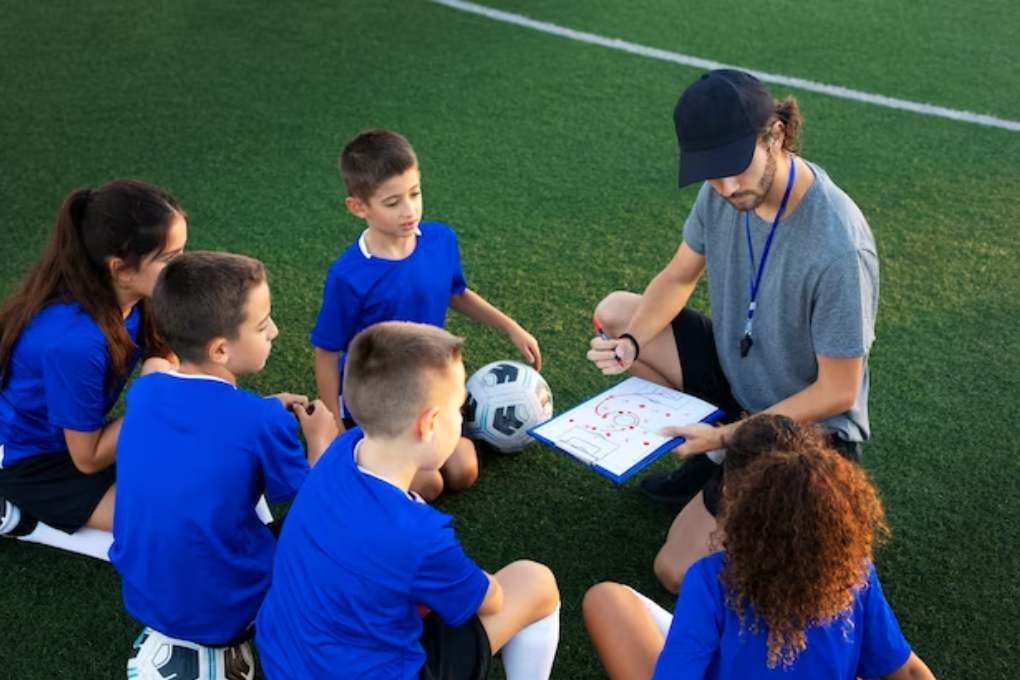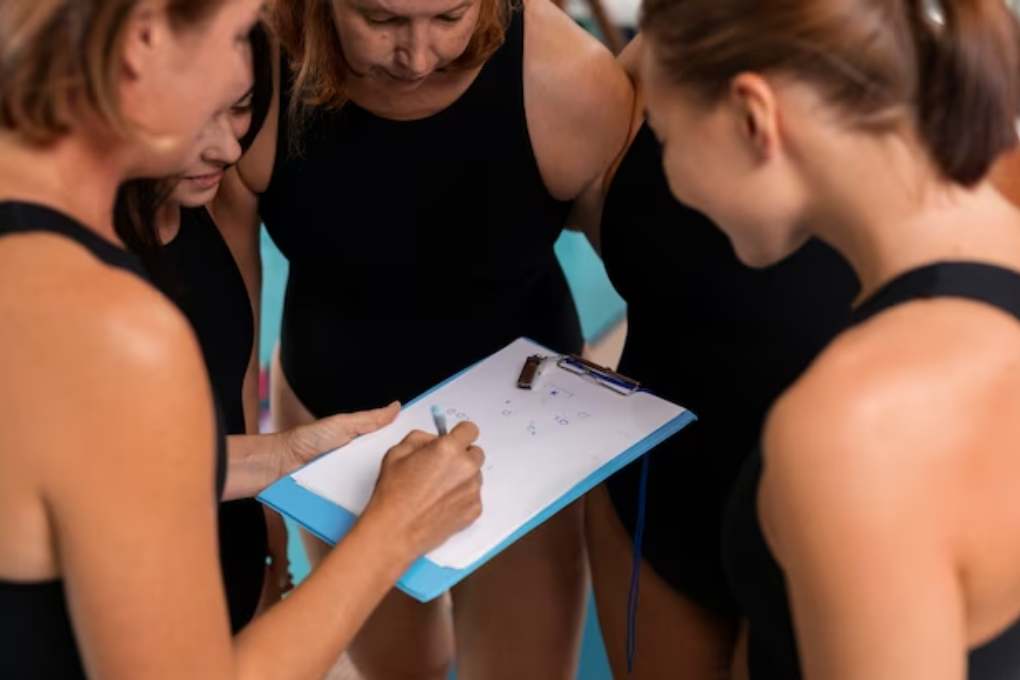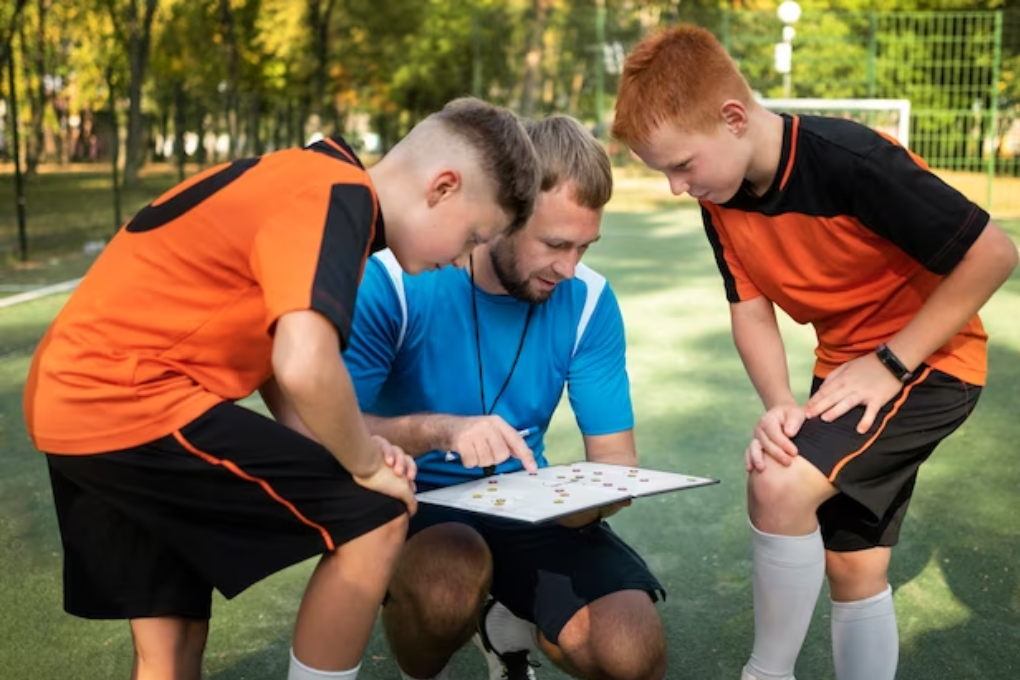Coaches play an invaluable role in the success of athletes. Through their guidance, mentorship, and expertise, they play a pivotal role in turning athletes into champions. Coaches focus on both improving physical capabilities and instilling qualities necessary to excel in their chosen sport.
The Importance of Coaching
Coaching goes beyond teaching skills and strategies; coaches serve as mentors, motivators, role models, and guides for their athletes, providing essential support and guidance that enables them to realize their full potential and meet all their potential. Furthermore, their influence extends far beyond the field or court, helping athletes develop lifelong lessons like discipline, teamwork, resilience, etc.

Establishing a Strong Coach-Athlete Relationship
Successful coaching starts with building the right relationships between coach and athlete. Coaches need to cultivate trust, open dialogue, and mutual respect with their athletes; once this foundation is laid, coaches can customize their approach according to each athlete’s strengths, weaknesses, and aspirations for optimal coaching experiences.

An effective coach-athlete relationship creates a supportive and positive environment where athletes feel safe taking risks, making mistakes, and testing limits. Such relationships are built upon mutual understanding and shared goals between both parties, ensuring everyone works towards one common goal.
Gaining Skills and Techniques
One of the key roles of coaches is to help their athletes hone their skills and techniques. Through structured training sessions and personalized feedback, coaches identify areas for improvement while also offering guidance on how to refine specific skills. They break complex movements down into smaller components, so athletes can grasp fundamentals quickly while gradually progressing toward mastering each skill.
Coaches also place great emphasis on developing the physical attributes of their athletes. By devising training programs that improve strength, speed, agility, and endurance, coaches aim to unlock their full potential and become well-rounded athletes.
Mental Conditioning and Mindset
Athletic success requires not only physical conditioning but also mental conditioning. Coaches play a pivotal role in developing a champion mindset in their athletes by teaching them to accept challenges, overcome adversity, and maintain focus during high-pressure situations.

Coaches also assist athletes in building mental resilience by teaching them strategies to cope with failure, setbacks, and injuries. They emphasize maintaining a positive outlook while developing a growth mindset, encouraging athletes to view obstacles as opportunities for growth and learning.
Motivation and Inspiration
Motivation is crucial for athletes, as it drives them through rigorous training regimens to attain success. Coaches serve as sources of support and inspiration, encouraging their athletes to strive toward greatness.

Successful coaches understand that each athlete is unique and requires different forms of motivation to reach their goals. While some athletes thrive with positive reinforcement, others respond better when given constructive criticism. Coaches tailor their motivational strategies for each athlete, ensuring they remain engaged, focused, and determined to reach their objectives.
Establish a Winning Culture
Coaches have the responsibility of creating a winning culture within their teams. By setting expectations and standards that promote excellence both on and off the field, coaches create an environment in which athletes hold themselves accountable while working cohesively together as part of a cohesive unit toward continuous improvement.

Coaches create an inclusive and supportive environment where athletes feel valued and respected, encouraging open communication, constructive feedback, and teamwork to enable both individual growth and group success.
Feedback and Evaluation
Regular feedback and evaluation are integral to an athlete’s development. Coaches provide constructive criticism on performance, technique, and strategy, outlining areas for improvement while celebrating strengths. Individual goals are set and monitored closely, so athletes stay on the right path toward excellence.

Coaches also foster self-reflection and self-evaluation among athletes, empowering them to take charge of their development. Through open and honest dialogue between coaches and athletes, areas for growth can be identified while celebrating achievements and making changes as needed in the training plan.
Conquering Adversity and Overcoming Challenges
Journeying toward becoming a champion can be filled with numerous obstacles and struggles, and coaches play an essential role in supporting athletes through these difficult times. Coaches provide emotional support, guidance, and strategies to assist athletes in overcoming setbacks such as injuries or personal obstacles that arise along their path to becoming champions.
Coaches provide their athletes with lessons in resilience, perseverance, and maintaining a positive mindset despite setbacks. They instill in them the belief that setbacks are temporary; with hard work and dedication, along with the proper mindset, they can overcome any challenge that stands in their way.
Celebrating Success
Coaches play an instrumental role in commemorating and applauding their athletes’ successes, whether that means personal bests, team wins, or championship titles. Coaches foster an atmosphere of appreciation and celebration that reinforces the effort their athletes put forth.

Coaches can boost their athletes’ motivation to strive for continuous improvement by celebrating success and setting new goals, further building confidence and increasing motivation to excel. Celebrating accomplishments can boost an athlete’s desire to succeed in sports.
Conclusion
Coaches have the power to transform athletes into champions. Through guidance, motivation, and expertise, they shape their athletes’ physical abilities, mindset, resilience, and determination. In doing so, they provide a supportive yet challenging environment where athletes can reach their full potential and accomplish greatness in their chosen sports field.
Read the interesting article “Goals Science Can’t Explain: The Art and Magic of Unbelievable Goals” to learn more about the mysterious side of amazing athletic feats.



